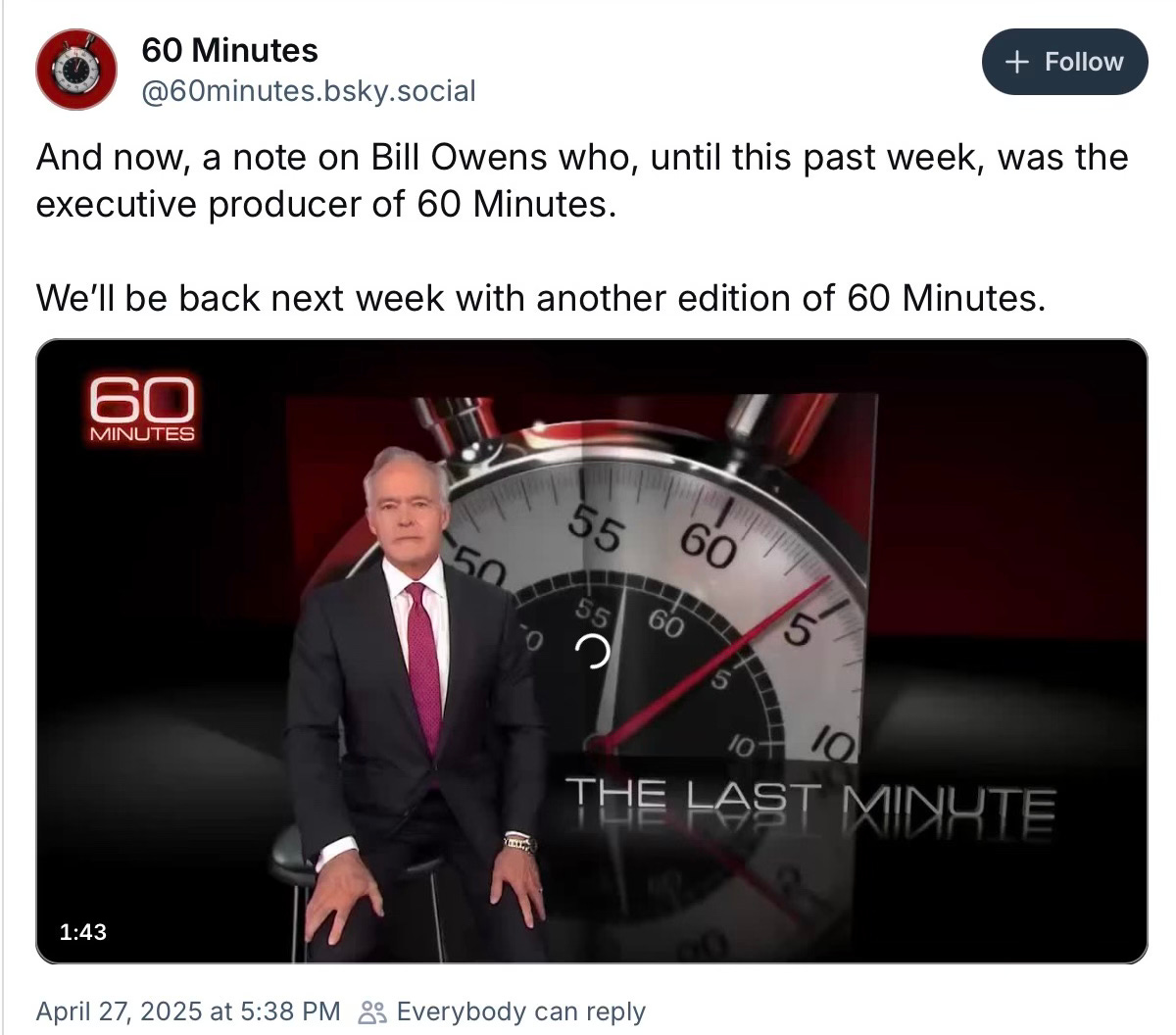Everyone and his brother has been opining on Trump’s first 100 days and the general consensus is… they have not been good. (DUH!)
And yes, we also weighed in on that this week. A little bit. Because the news we prefer to focus on is how OUR calls, and letters, and town halls, and protests have led the people we think of as our leaders to grow a spine and actually start to lead.
The month began with Cory Booker’s 25-hour marathon Senate speech, which got 300 million likes on TikTok and since then, parts of it have been seen by hundreds of millions of people on multiple platforms.
The nationwide Hands Off protests on April 5, followed by the “No Kings” events on the 19th attracted millions of participants. So many angry constituents were showing up at congressional Town Halls that Speaker Mike “weenie” Johnson urged his conference not to hold them any longer. So Democrats like Bernie Sanders, Tim Walz, and Mark Kelly picked up the baton in red districts and held some for them.
Sanders then teamed up with Alexandria Ocasio-Cortez and drew tens of thousands of people to rallies in GOP-majority areas around the country.
Courts continued trying to constrain the regime’s lawlessness: Early in April we learned that a Maryland man that Trump illegally sent to a Salvadoran gulag was swept up by “administrative error” — and the regime had no intention of following court orders to bring him back. In fact, we had no indication that Kilmar Abrego Garcia was still alive - so Senator Chris Van Hollen flew to El Salvador to meet with his constituent.
The fight to bring him back - and the others - continues.
After weeks of watching powerful institutions bow to Trump’s outrageous and illegal executive orders, we finally got some pushback. Harvard University responded to the regime’s attempt to dictate changes to Harvard’s governance, hiring, and admissions policies by essentially telling them “NUTS.” And since courage is contagious, other colleges and universities are banding together to fight the administration’s assault on our First Amendment rights.
What We’re Reading This Week
Rebecca Solnit has her own take on the last 100 days, and she focuses on the many, many Americans who have been so outraged by the lawlessness of the regime that they are fighting back:
"One striking thing I found at the Tesla Takedown protests in San Francisco and have seen in many interviews and news stories is that a meaningful number of the protesters are first-timers. It takes a lot to turn someone into a protester, but once they've crossed that threshhold they might discover they have power and a voice, and that solidarity is a beautiful thing.
This is in part because constituencies are impacted in ways they aren't before--immigrants (and anyone brown who might be mistaken for an immigrant), veterans, social security recipients, foreign students, people with autism, medical professionals, scholars, federal workers are all under attack."
Trygve Hammer is a former congressional candidate from North Dakota. He’s also one of our favorite explainers. This week, he discusses the true cost of the regime’s shortsighted slashing of “woke” science.
Today - the first of May - is International Workers Day. So it is fitting not only to participate in one of the many demonstrations being held around the country, but to understand how unions how unions have benefited all of us.
Want more trusted news? Check out our curated list of information resources.
One Last Thing
Trump got himself another media scalp last week, as the longtime executive producer of 60 Minutes resigned rather than submit to parent company Paramount’s requests to ignore his assault on American democracy. In another show of pushback against this criminal regime, correspondent Scott Pelley addressed the incident at the end of this week’s show. And they pinned his response to the top of their social media feed. It’s worth your time.




